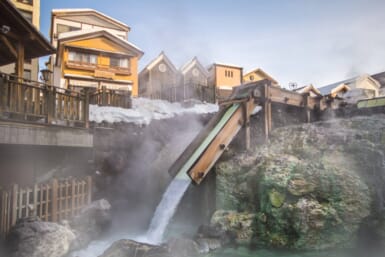Japanese officials came to the defense of a senior manager of NHK who denied that the Nanjing massacre ever took place, casting doubts on the integrity of the national broadcaster just days after its new chief created a stir over his remarks on “comfort women.”
Naoki Hyakuta, one of NHK’s 12-strong board of governors, dismissed as mere fabrication the accounts of the murder and rape of up to 300,000 civilians and soldiers in 1937–38 in Nanjing, the capital city of China’s Jiangsu province.
Speaking as he campaigned for a right-wing candidate in the Tokyo gubernatorial election, Hyakuta said the historical event was “propaganda” produced by then-Chinese leader Chiang Kai-shek.
“In 1938, Chiang Kai-shek tried to publicize Japan’s responsibility for the Nanking Massacre, but the nations of the world ignored him. Why? Because it never happened,” Hyakuta was quoted as saying by the Asahi Shimbun.
“During the war there probably were atrocities committed by some members of the military, but that is not limited to the Japanese. There is no reason to teach these things to children in cumpulsory education,” he said.
The Rape of Nanking (the historical name of Nanjing) is an exceptionally sensitive issue in Japan’s often-strained ties with China.
The Japanese government said they found nothing wrong with Hyakuta’s remarks. Chief Cabinet Secretary Yoshihide Suga told reporters that Hyakuta was entitled to his opinions.
“I’m aware of the reports, but I’ve learnt (that expressing personal views) doesn’t violate the Broadcast Law,” Suga said, declining to further comment on the issue.
China says 300,000 civilians and soldiers died in a spree of killing, rape and destruction in the six weeks after the Japanese military entered the then-capital on December 13, 1937. Some historians dispute the figure. According to estimates by the historian Jonathan Spence, 42,000 soldiers and citizens were killed and 20,000 women raped, many of whom later died.
By Maesie Bertumen
Image: Sebra / Shutterstock.com









